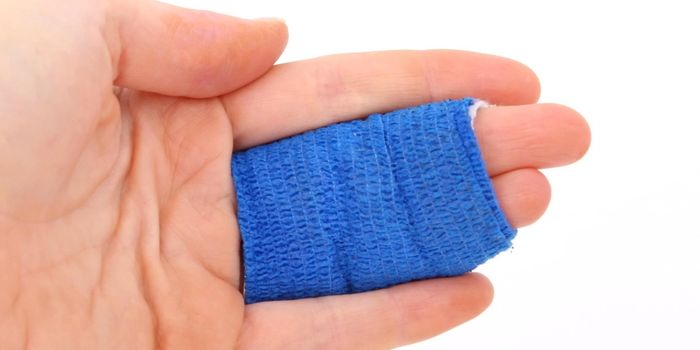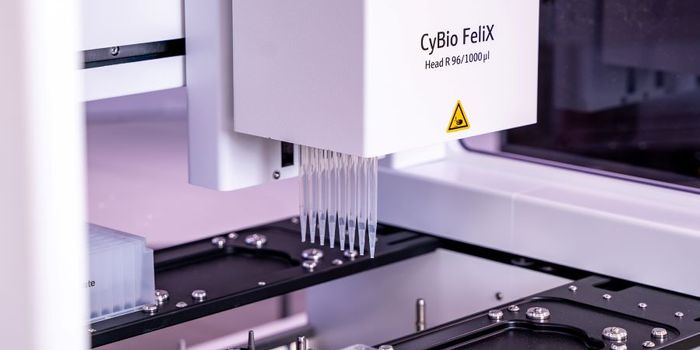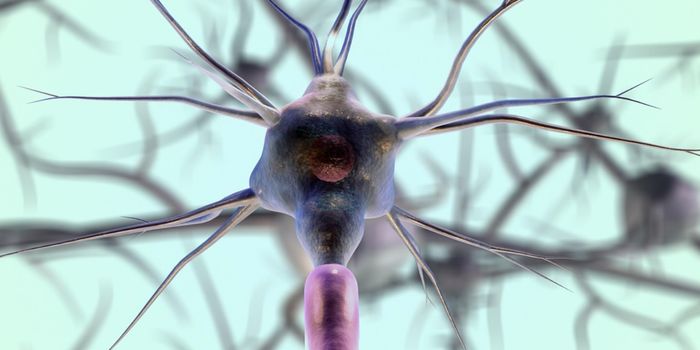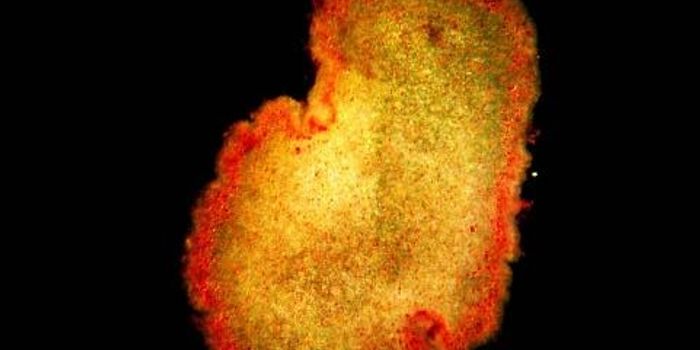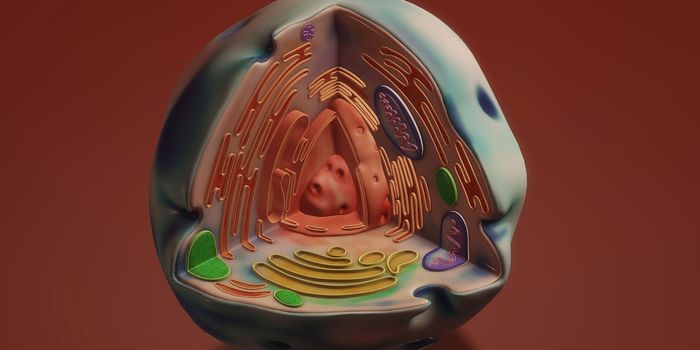Antibacterial Soap Ingredient May Increase Risk of Liver Disease
Antibacterial soap has been popular, but does it have the potential to do harm? Researchers have found that in diabetic mice fed a high-fat diet, an antimicrobial chemical called triclosan that was once commonly added to soaps worsened their fatty liver disease. It’s been estimated that as many as 100 million people in the United States have non-alcoholic fatty liver disease (NAFLD), which is usually not diagnosed until it’s at an advanced stage. There are no treatments.
"Triclosan's increasingly broad use in consumer products presents a risk of liver toxicity for humans," said Robert H. Tukey, Ph.D., a professor in the Department of Pharmacology at the University of California San Diego School of Medicine. "Our study shows that common factors that we encounter in every-day life -- the ubiquitous presence of triclosan, together with the prevalence of high consumption of dietary fat -- constitute a good recipe for the development of fatty liver disease in mice."
Previous work by this team has shown that triclosan can promote the growth of tumors by disrupting a protein that normally gets rid of foreign chemicals in the body.
When a mouse model of type 1 diabetes is given a fatty diet, they will develop non-alcoholic fatty liver disease (NAFLD). Diabetes and obesity are known risk factors for the disorder. Reporting in the Proceedings of the National Academy of Sciences, researchers have now found that when these mice were also exposed to triclosan, the onset of fatty liver happened faster, and the hallmark fibrosis of the disease was accelerated.
The scientists suggested that normally, a high-fat diet will encourage cells to generate more of a molecule called fibroblast growth factor 21, which helps shield cells in the liver from damage. Triclosan disrupts two molecules called ATF4 and PPARgamma, which are normally used to generate fibroblast growth factor 21. The triclosan was also found to be disrupting the expression of genes involved in metabolism and reducing the level of diversity in the mouse gut microbiomes.
People with NAFLD also tend to have lower levels of diversity in their gut microbiomes, which has been associated with poorer health outcomes. NAFLD is becoming more prevalent, and it can lead to cancer and liver cirrhosis. Though there are no treatments, It is possible to reduce the likelihood that NAFLD will occur by eating a healthy diet and getting the right amount of exercise.
These preliminary findings about triclosan will have to be confirmed in humans, but the researchers suggested that they can help us learn more about NAFLD risk factors and could aid in the design of therapeutics.
"This underlying mechanism now gives us a basis on which to develop potential therapies for toxicant-associated NAFLD," said Tukey.
Antimicrobial soaps have not been found to be any better at cleaning hands than regular soap, so triclosan was banned as an additive in over-the-counter products in 2016 by the Food and Drug Administration. Triclosan can still be found in some products, and it still contaminates drinking water and aquatic habitats.
Sources: AAAS/Eurekalert! via University of California San Diego, Proceedings of the National Academy of Sciences


